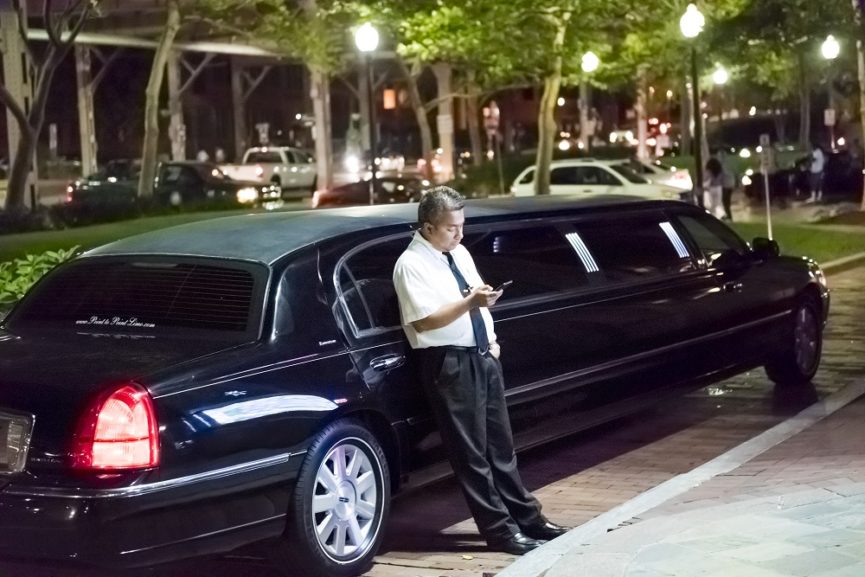On-call pay for hourly employees can be a confusing topic – and you may not even be sure what your employer is supposed to pay you if you’re the one who’s on-call. If you have specific questions about your own situation, it’s a good idea to call a Glendale employment lawyer who can answer them. In the meantime, here’s what you need to know about on-call pay for hourly employees.
On-Call Pay for Hourly Employees
Some employees are entitled to pay for being on-call or waiting for an assignment. In many cases, this applies to employees who are required to stay at the workplace or on the employer’s premises. In cases like these, the employer is supposed to pay the worker, even if the employee didn’t actually work during the shift.
Sometimes employees are required to stay on-call, even if they’re not on the employer’s property. In cases like this, the law requires employers to pay employees when the employees have little or no control over their activities. This occurs when the employer puts restrictions on the employee, like prohibiting him or her from consuming alcohol or having to stay within a certain distance of the job location, or if the employee can’t work for another employer during that time.
What the Fair Labor Standards Act Says
The Fair Labor Standards Act, or FLSA, says certain nonexempt employees must be paid for on-call time if they’re “waiting to be engaged” or are “engaged to wait.”
 More specifically, it says, “Whether waiting time is hours worked under the Act depends upon the particular circumstances. Generally, the facts may show that the employee was engaged to wait (which is work time) or the facts may show that the employee was waiting to be engaged (which is not work time). For example, a secretary who reads a book while waiting for dictation or a fireman who plays checkers while waiting for an alarm is working during such periods of inactivity. These employees have been ‘engaged to wait.’”
More specifically, it says, “Whether waiting time is hours worked under the Act depends upon the particular circumstances. Generally, the facts may show that the employee was engaged to wait (which is work time) or the facts may show that the employee was waiting to be engaged (which is not work time). For example, a secretary who reads a book while waiting for dictation or a fireman who plays checkers while waiting for an alarm is working during such periods of inactivity. These employees have been ‘engaged to wait.’”
When a worker is on-call, FLSA says, “An employee who is required to remain on call on the employer’s premises is working while ‘on call.’ An employee who is required to remain on call at home, or who is allowed to leave a message where he/she can be reached, is not working (in most cases) while on call. Additional constraints on the employee’s freedom could require this time to be compensated.”
That means if the employer restrains the employee from doing something (drinking, traveling outside a certain radius or working at another job, as mentioned above), the employer may have to pay the employee for those hours.
However, having to keep a cell phone on you doesn’t unnecessarily restrain your activities – and it probably doesn’t mean you’re entitled to pay for that on-call time if that’s the only requirement your employer has. Remember, though, every situation is different. You should talk to a Glendale employment lawyer if you’re not sure whether your employer is required to pay you for on-call time.
On-Call Pay for Hourly Employees, Summarized
You may be entitled to on-call pay if you’re an hourly employee and your employer:
- Makes you stay on the job site
- Makes you wait in the same location for work
- Prohibits you from engaging in other activities while you wait, like drinking or working at another job
If you’re an hourly employee working off the clock, that’s another story – but you could also be entitled to back pay for that.
Do You Need to Talk to a Lawyer About On-Call Pay for Hourly Employees?
If you think your employer owes you on-call pay as an hourly employee, we may be able to help you. Call us at 818-230-8380 for a free case review. We’ll answer your questions and talk about possible outcomes of your case, as well as give you the legal advice you need.




